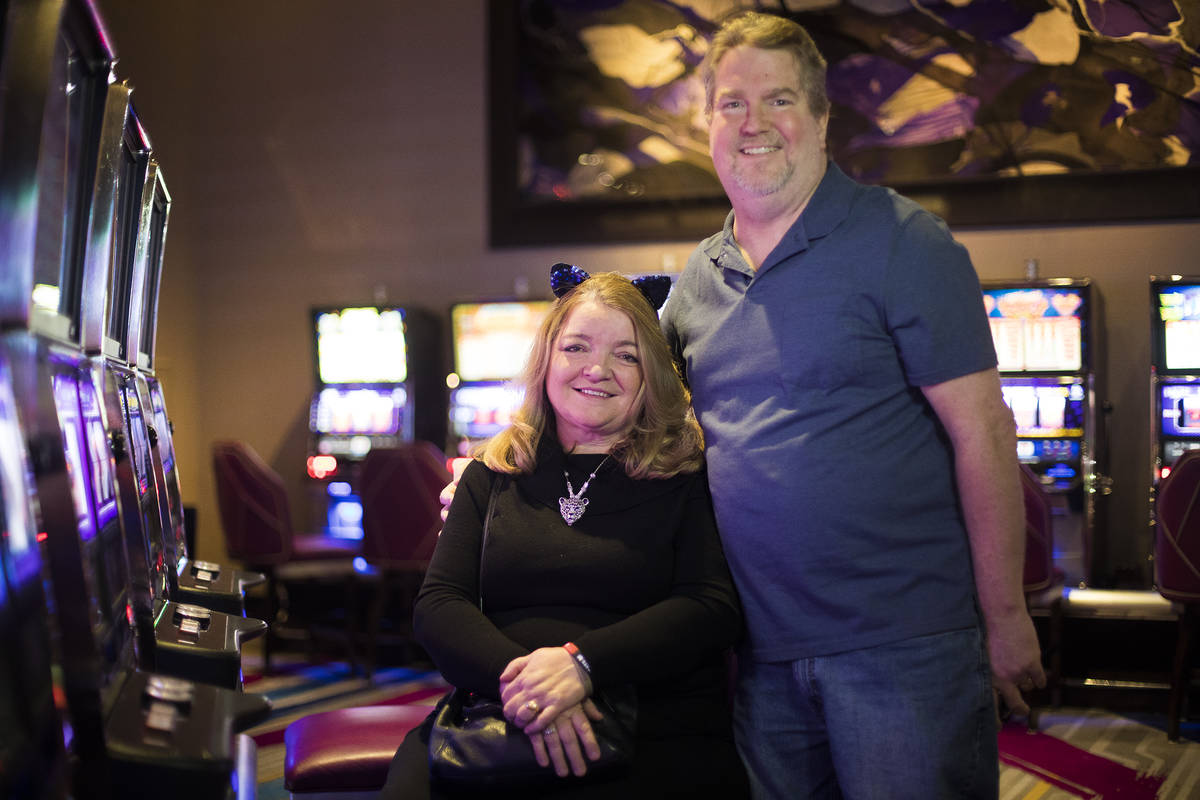There are few things worse than seeing a player check their nut flush three times and then have to painfully table their monster hand when their opponent checks back the river. It is common for novice poker players to play excessively slowly because they are afraid of driving their opponents out of the pot when they hold strong poker cards for idn poker online.

In most cases, betting your excellent cards increases the pot size and protects your equity. It’s important to note that this does not mean that you should always bet or raise your strong cards after the turn. Your strong hands should be tested in the following situations: The chances of you being exhausted are little to none.
- Fear cards aren’t as prevalent in the latter streets, so you’ll have to take extra precautions.
- Hands with limited showdown worth make up the vast majority of your opponent’s range.
Just bet (or check-raise, assuming you weren’t the preflop aggressor) if you’re hesitant. Being outdrawn or missing out on potential value is even more demoralising than your opponent folding.
Keep an eye on That Big Blind Spot!
Positioning yourself in the huge blind is special because it comes with an automatic one-big-blind bet in your poker indonesia bankroll. Consider each raise you are offered with as a discount while you are in the big blind since your chances of calling it are greater than those of the other positions.
Being in the final position to act before the flip gives you a significant advantage over other players since you may call with many more hands than from a more traditional position.
The three traits described above are the most important ones to keep in mind when deciding whether or not to make a continuation bet after a flip.

Always fold when you’re unsure
Do you want to discover the biggest difference between a bad player and a good one? To differentiate a competent player, it is their ability to discard a strong hand, like as a top pair, when they think they have lost.
When in doubt, make a mental note of the particulars of the hand you were dealt so that you may revisit it in the future to see whether you made the right call or not. Spending time studying and/or discussing these sorts of hands with other players is an excellent way to improve your poker skills and fill in any knowledge gaps you may have.
Attack You should know what to do if your adversary shows signs of weakness.=
When a player has a hand that may call many bets, they don’t check as much as they should. There’s a good chance that those who check-raise have a weak hand and are about to be swamped will eventually fold their hand. “Bluffing with nothing” is what I was referring to before.
An aggressive bluffing approach may be used against an opponent that shows a substantial level of vulnerability in a heads-up pot (for example, by checking on the flop and the turn). It’s always a good idea to mix up your semi-bluffs by betting as if you have nothing except a good blocker hand to see how far you can push the pot.



